Why go on Hajj?
Hajj 2024 / 1445 Prep Log
Don't know what Hajj is? This Substack note is just for you.
This is the first substantive entry in my Hajj 2024 / 14451 prep log series. To help guide readers to what may interest them, Insha Allah (if Allah wills it) each entry will likely contain…
The quartermaster’s report. In this section, I’ll detail practical goings-on and planning details. It should typically be briefer than the second section for reasons that will become clear shortly. (And if you’re wondering what a quartermaster is or why I’m insisting on using military terminology in what’s supposed to be a newsletter about spiritual matters, have I got a footnote for you.2 )
Deep (space) thoughts. The Hajj is a spiritual journey above and beyond anything else. For a Muslim it is a unique opportunity to become ever closer to Allah SWT and to prepare for the ultimate journey: death and entry into the afterlife. Unsurprisingly, this section will typically be lengthier than the first. However, I do reserve my right to be a flibbertygibbet and stay shallow for any given post.
The quartermaster’s report
Gathering supplies, logging important information, and planning navigation.
Hajj 2024 / 1445 registration, which the Saudi government administers, opened on December 5. It’s first come, first served for application approval and tour package selection, so I knew I had to hop to.
Not so long ago, when you were thinking of making Hajj, you contacted your local Muslim travel agency or kept an ear tuned to Hajj talk around your masjid (mosque) so you could go with a group to save money and get some guidance from a scholar while you were there.
That’s all changed for many countries. Two or three years ago, the Kingdom of Saudi Arabia started to funnel applications from all pilgrims living in certain countries (the United States among them) through a centralized registration, visa issuance, and tour package booking application known as Nusuk. I live in one of the countries served by Nusuk, so I knew that online to Nusuk I must go.
But I couldn’t even begin the registration without my renewed passport. And I didn’t yet have it as of December 5.
The old passport was set to expire in May 2024, just before Hajj month.
Oh my, the passport renewal worried me this time around, and not just because I knew my Hajj eligibility depended on it. I’ve renewed passports before, after all. However, for this renewal, I was submitting a passport photo of myself in hijab. If that doesn’t strike you as a reason for concern, check out this footnote.3
I had duly included with my application an explanatory letter about "religious headwear” as suggested by the U.S. State Department, and had otherwise done my best to ensure the application was flawless. Since I now live in Spain year-round, I sent it off in early November, long before its expiration date, to the US Embassy in Madrid as directed online. And then I prayed.
Well, you’ll never guess what happened next: Allah SWT got my new passport into my hands two days after Hajj registration opened. Alhamdulillah.
New passport with a new photo in hand, I was suddenly reminded of how serene I’d looked in a professional family photo dating back to about 1976. In the newest photo of hijabi me, I wear a similar expression. And as you’ll see shortly, it had been decades since I’d been that happily tranquil.4
Deep (space) thoughts: why, indeed, do we go on Hajj?
The deep end of the prep journey. Grab a beverage and a flotation device.
Since this is the One True Inaugural Outing of this series, I’ll begin with a list of themes that inform responses to the question posed above. I’ll be returning to these themes, and possibly a few more, as the series continues, Insha Allah.
Hajj is a requirement of Islam
It’s official: as clearly laid out by Allah SWT in the Qu’ran, Hajj is a REQUIREMENT if you are a Muslm. The five pillars of Islam, those which if followed make you a Muslim, are:
Prayer in a specified form five times daily
The shahada, or witnessing out loud in private or with witnesses, that there is no God but Allah and that Muhammad is His Last Prophet
The giving of zakat, or alms, if you have a certain minimum of assets and income
Fasting during the month of Ramadan
The Hajj pilgrimage at least once during your lifetime, if it is physically and financially possible for you
If you’re a Muslim and Hajj is even remotely possible for you, you plan to go. Millions of people with no savings or income, and people and poor health, have made the journey at literal risk to life and livelihood. Some of them die along the way or in Mecca itself. In the past, some pilgrims, due to lack of funds, were forced to remain in Saudi Arabia, working for peanuts. But their iman (faith) sustains them, or they learn to have greater iman.
And if millions of pilgrims in far more desperate conditions can do it, I figure I can do it, too. I’m autistic and I’m not young, and many aspects of this journey will be Troublesome because of sensory issues or force of habit due to living alone for decades. But in the last few months I’ve shed a lot of fears about those things, Alhamdulillah (praise Allah). And here we are.
The call of faraway places with strange-sounding names
I’ve always yearned to travel to distant lands, and since 2019, I’ve done a lot of travel: South America, Mexico, Morocco, Great Britain, France, Italy, much of the Southwestern United States, and of course Spain where I reside now. If you’re interested, you’ll find my Substack posts about many of those places right here. And now that I’m a Muslim, I would love to travel to the lands of Dar al-Islam (the abode of Islam) and Saudi Arabia of course fits the bill.
But. Since my shahada in early 2022, being on Islam has changed the way I see the world and my role in it. First of all, solo travel for women is strongly discouraged in Islam unless it is necessary for work or family. OK, you say, so what about group travel? Permissible, but… sightseeing, daytripping, getting on a plane for the sake of a few new sights, sounds, tastes? It appeals to me a lot less than it used to. I find myself going inward to be in the presence of my God or to learn about my faith, more and more frequently.
And another BUT. If the Saudi government approves me to go on Hajj, which is by no means certain, there will be sights, sounds, tastes, smells, and tactile experiences that will be altogether new to me, Insha Allah. And yes: I hope to report on many of them here. I especially hope to compare what I experience in this realm with what other Hajjis before me have reported, Insha Allah.
The hope of transformation
I call myself a "regular dumb kid” with regard to being a Muslim. (Yes, that’s a Simpsons reference. I’m old.) I am still in many ways the very model of a modern, materialist Educated Person, usually to my chagrin. I am easily distracted and skeptical, and I still have quite a few moments of doubt left over from decades of blithering agnosticism. But that state seems to be the qadr or will of Allah SWT for me at the moment. I continue in my practice of Islam anyway. I do firmly believe it’s the only way out of it.
Do I hope that Hajj will strengthen me in my faith and practice of Islam, or make me a more loving, patient, giving person? Of course. And there’s historic precedent for profound transformations wrought by Allah SWT during Hajj, one of the most striking examples being that of Malcolm X, whose Muslim name was el-Hajj Malik el-Shabazz. I consider Malcolm X to be my first teacher in Islam: I read the Autobiography in tenth grade at the suggestion of a peer in my grade at school. I don’t remember what thoughts I had about Islam upon reading the book at that age. But it laid the foundation for me to be well-disposed towards Islam, despite the torrent of Zionist, Christianist, and other propaganda that was already being pushed by the US media in 1980.
I will have a LOT more to say about Malcolm X in upcoming posts, Insha Allah, but till then, I strongly encourage you to read (or reread) the Autobiography. Laurence Fishburne even recorded an audiobook version. Worth it.
A preparation for the ultimate journey: death
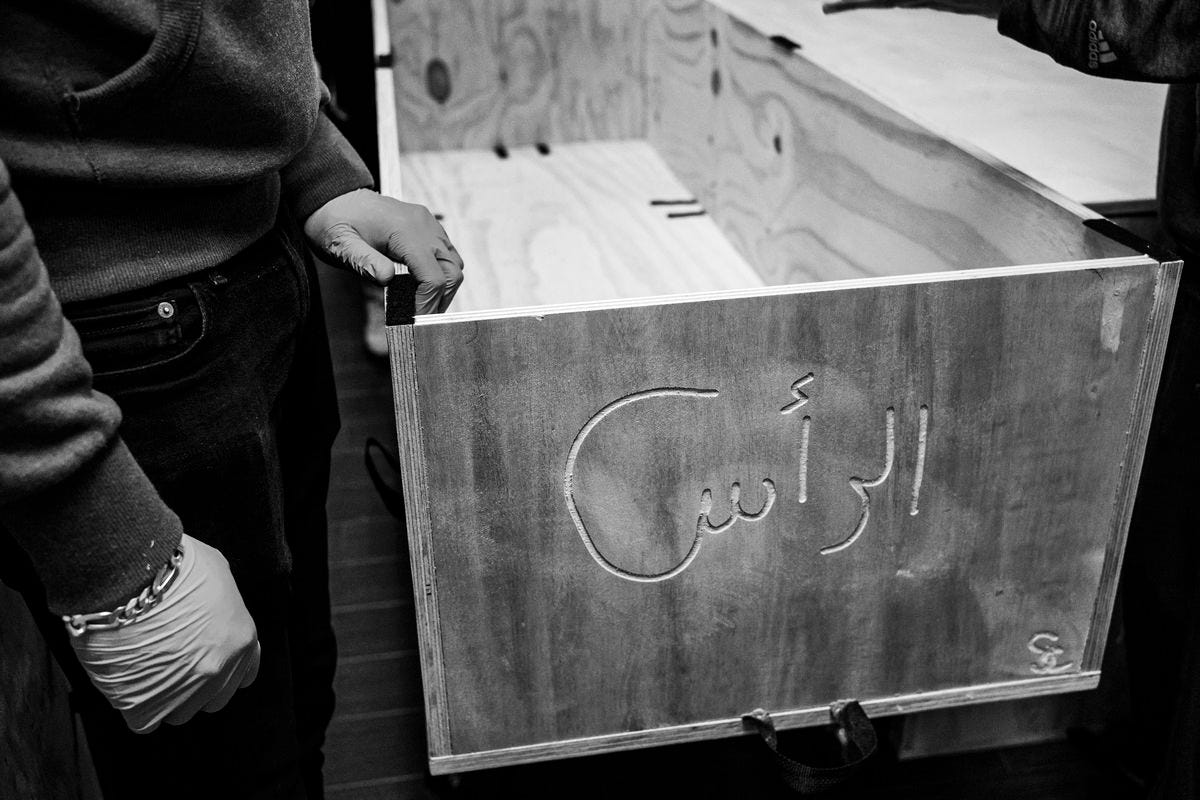
I took my shahada at the age of 56. There is no “good" age to become a Muslim; it happens if and when Allah SWT wills it for a person. But when you’re over 50, both your parents are gone, and your health starts going south, mortality starts to be more of a reality than perhaps it was when you were say, 20.
Those who live deeply spiritual lives in Islam become progressively more interested in and concerned with what will happen to them after their mortal lives here on earth end. And Allah SWT tells us in the Qu’ran that there is most certainly an afterlife, both immediately after bodily death and onward to the Day of Reckoning, where the quality of our hearts (as reflected in our thoughts and actions) during our mortal lives will literally be weighed in the balance.
Now, I said above that I’m a recovering materialist. That hasn’t changed since I wrote that paragraph a few nights ago. That means that the notion of an Unseen, and life beyond the grave, still can feel very unreal to me. But it’s interesting that I find myself naturally pulling away from things of this world that I used to profess to “love,” music and travel for experience’s sake among them. And as I see my body age visibly, and note the health problems that surfaced right after I took my shahada (accompanied by the cessation of my menstrual cycle), I find myself saying, “better hurry up and go on Hajj.” Or, as an imam at Birmingham’s Green Lane Masjid pithily put it in a jumu’ah khutbah (Friday sermon) this past summer: “stop lollygagging around and go on Hajj.” Especially since I put in my Hajj application last week, I find myself reflecting on what an afterlife might be like.
I suspect that Malcolm X planned his Hajj knowing he didn’t have long for this world. He went to Mecca shortly after his break with Elijah Muhammad and the Nation of Islam. That group (cult would be a better word) did not easily part with one of its leading lights, and threats began. And Malcolm had been a Person Of Interest for J. Edgar Hoover and his goons for many, many years. Malcolm often mentions the murder of his father at the hands of the Klan when the family lived in Michigan. He might have sensed that his would be a similar fate.
Alhamdulillah that Malcolm was able to complete a Hajj and leave the glorious record of it in his Autobiography. And his death was likely a martyrdom in Islam, meaning that Allah SWT may have guided his soul straight to the highest heaven, al-Firdaus. Most of us, in contrast, will have a waiting time in the barzan (the grave, or an intermediate place between Jannah / Heaven and Jahannah / Hell).
I pray that I may meet Malcolm X in the afterlife. And I can make those prayers for you too, if you want.
The number 1445 is the Hijri year, or the number of years that have elapsed since the migration of the Prophet Mohammad SAWS from Mecca to Medina. Each Hijri year is made up of 12 lunar months, ending in the month of Dhul Hijjah, which is when pilgrims make their Hajj.
Some readers may ask: What is a quartermaster? In many armies, the quartermaster is in charge of supplies, while in many navies, the officer observes weather and other physical conditions and logs them, serving essentially as the eyes and ears of the head navigator. When you’re planning a pilgrimage of a lifetime to a country you’ve never visited, both sets of responsibilities are critical along the way.
And why am I using military terminology in a series that has nothing to do with defense or combat? Star Trek, of course! However, for some reason, perhaps the replicators, quartermasters tend to be offstage, unnamed presences on Federation vessels. Matter-of-fact, mundane matters like replicator maintenance and latrine emptying don’t make for good drama, although it’s certain that the Lower Decks crew knows much about the humdrum.
What happens if your country of origin (silently or otherwise) refuses to issue you a passport? But, but, you’re a CITIZEN! some may cry. That could NEVER happen to you! Huh. I don’t have the same faith in the US government that many (mostly white and wealthy) people seem to enjoy.
In the US and much of Europe East and West, fear and loathing of Islam is alive and well. And here I was, a newly minted hijabi, looking for proof of citizenship. Any given government official can do what they please with your application, forcing you to take to legal measures of dubious efficacy if you don’t like the result. Legal rights, if abrogated, cost money, time, and effort to be enforced, and sometimes they cannot be enforced at all.
I had visions of becoming essentially stateless and falling upon the mercy of the Spanish government to renew my still-temporary residency should the worst have happened. But it looks like, for now, I don’t have this issue to worry about.
Insha Allah, I’m not going to include a lot of pics of me in this series. Islam doesn’t encourage it. But the dawah (call to consider Islam) that this series of pictures might create could well be worth it.

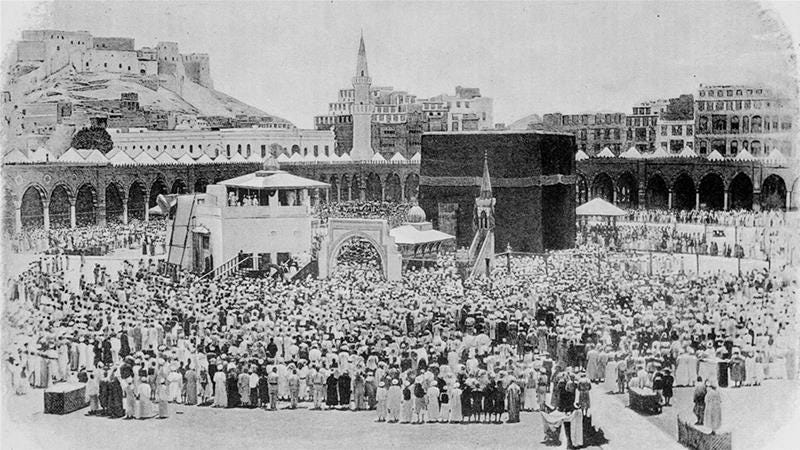
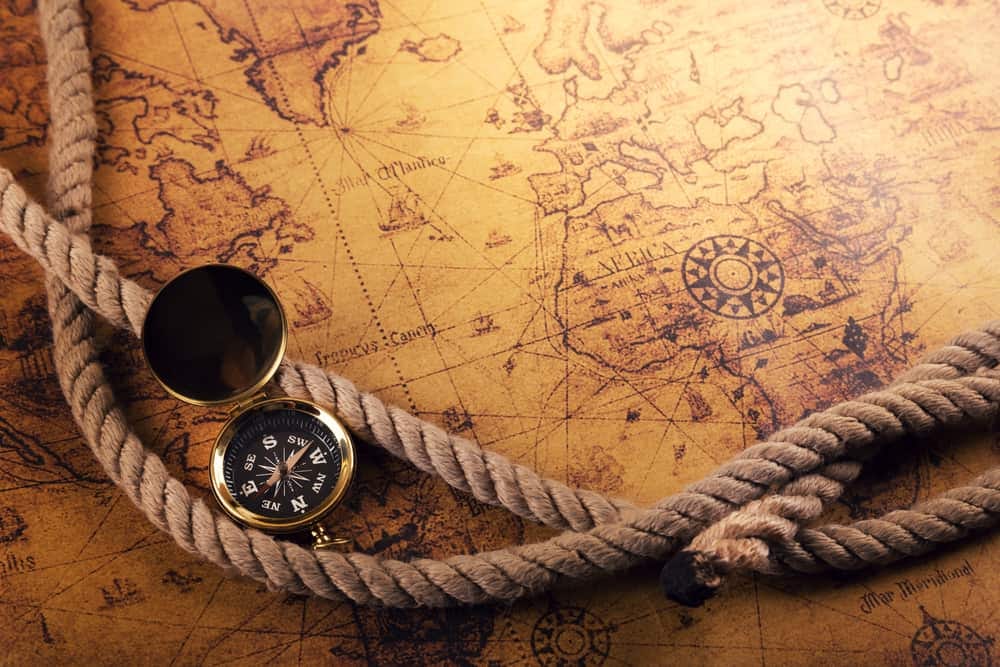

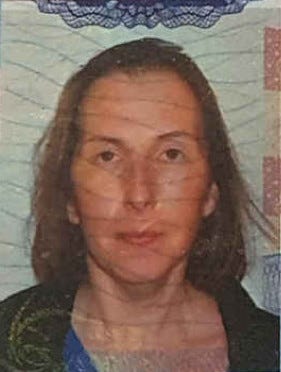
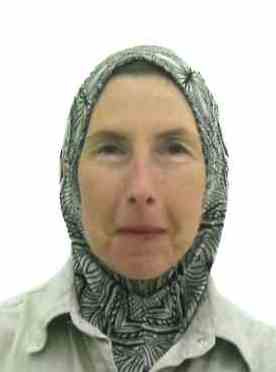
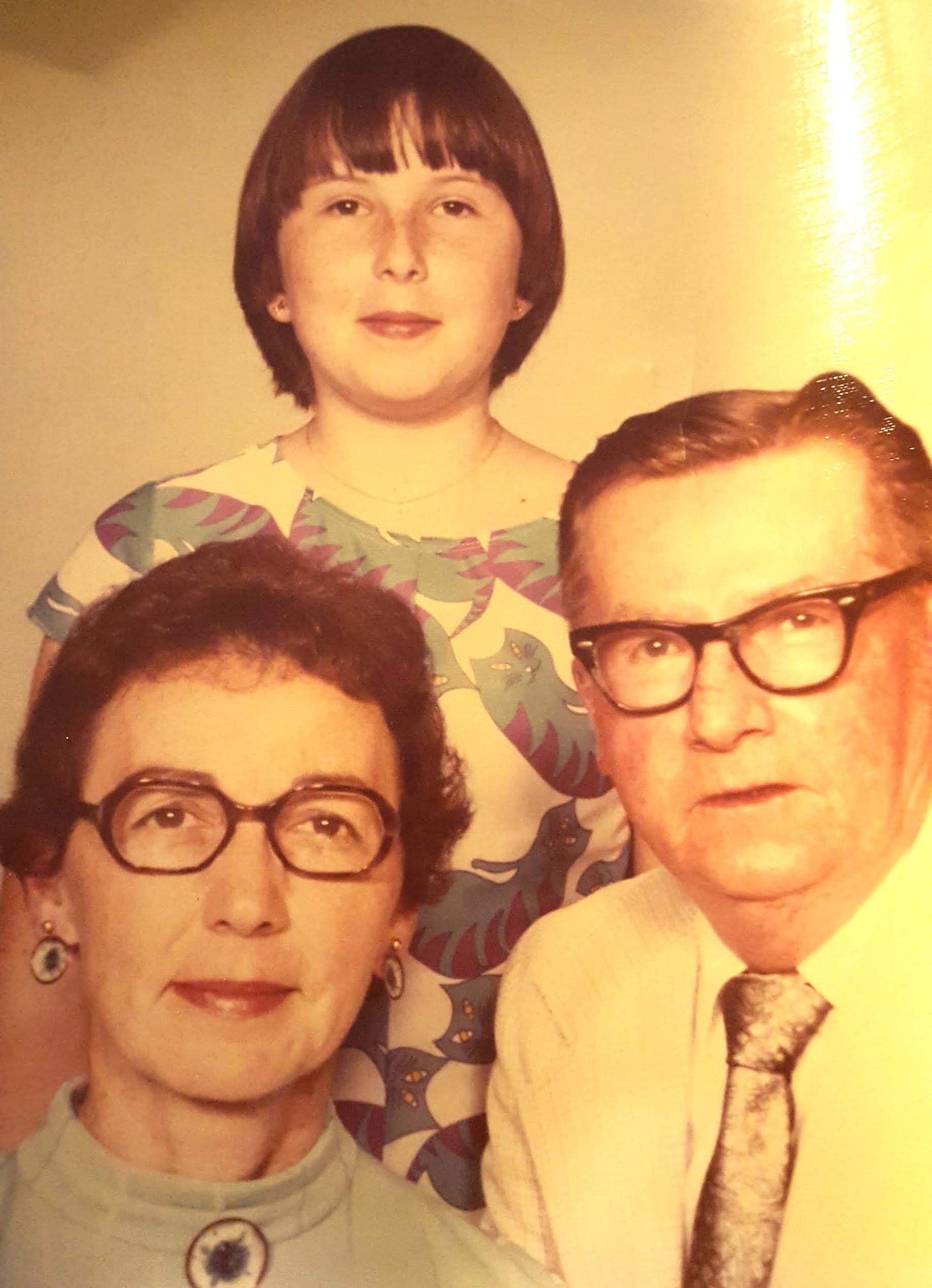
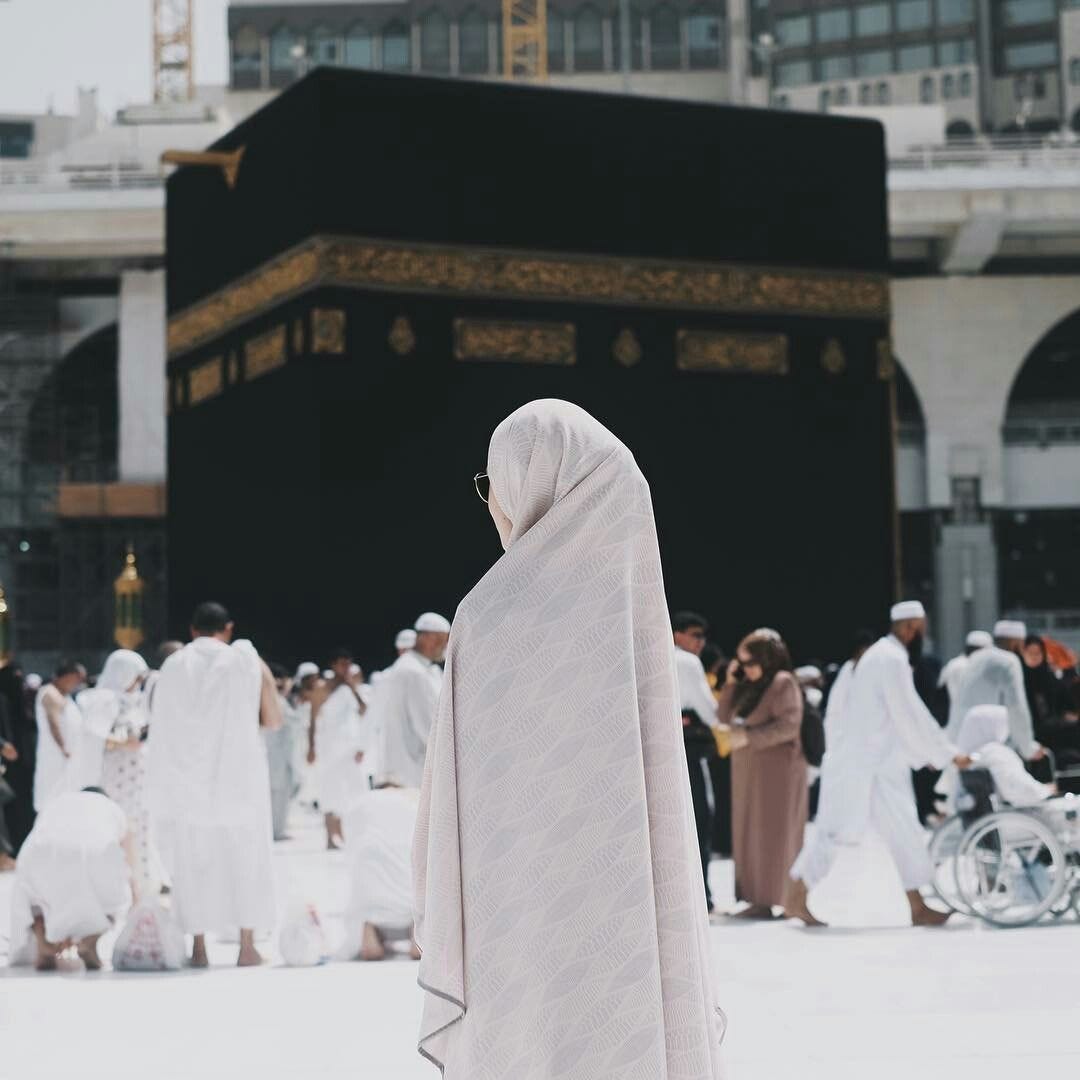
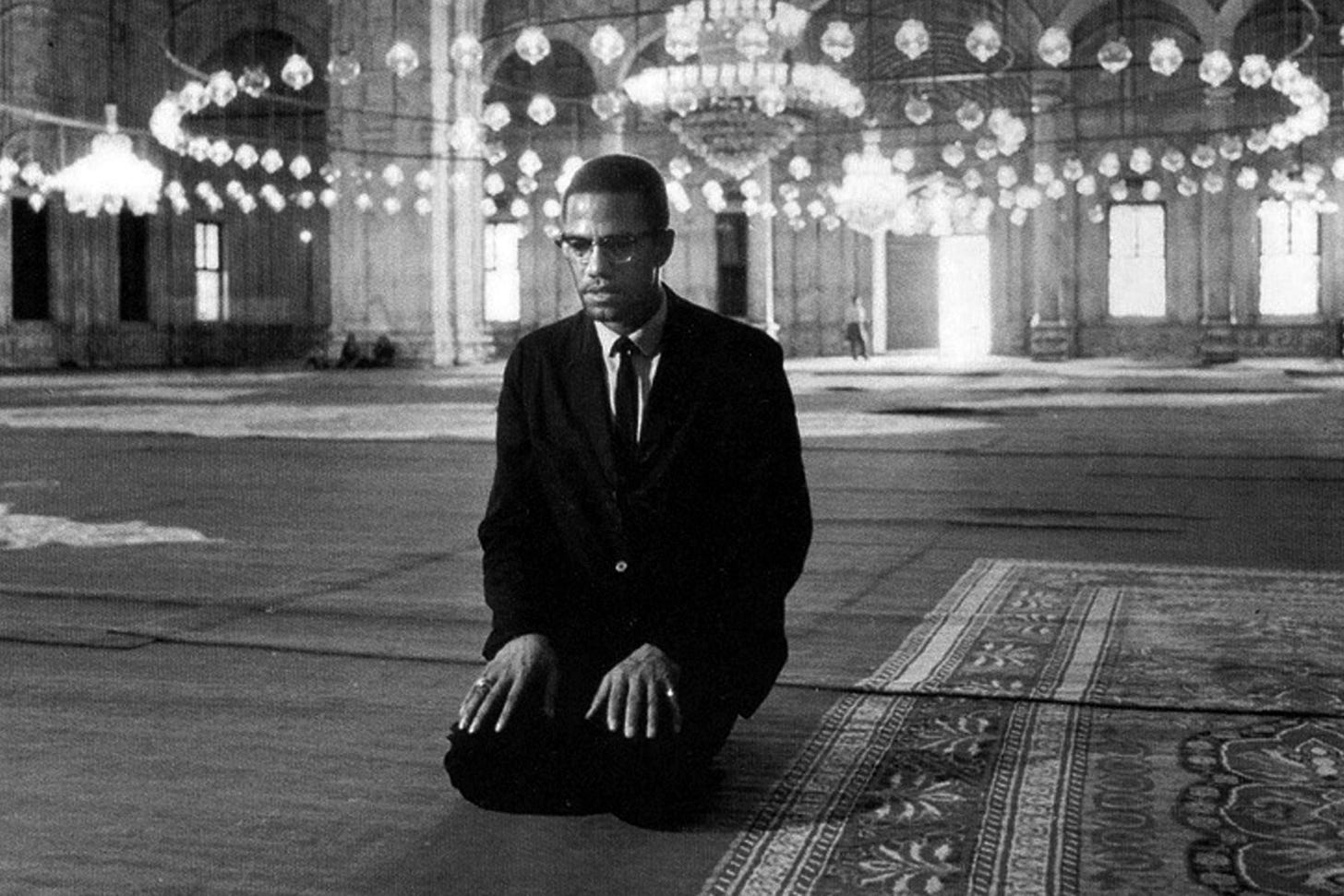
I appreciate your clear explanations.